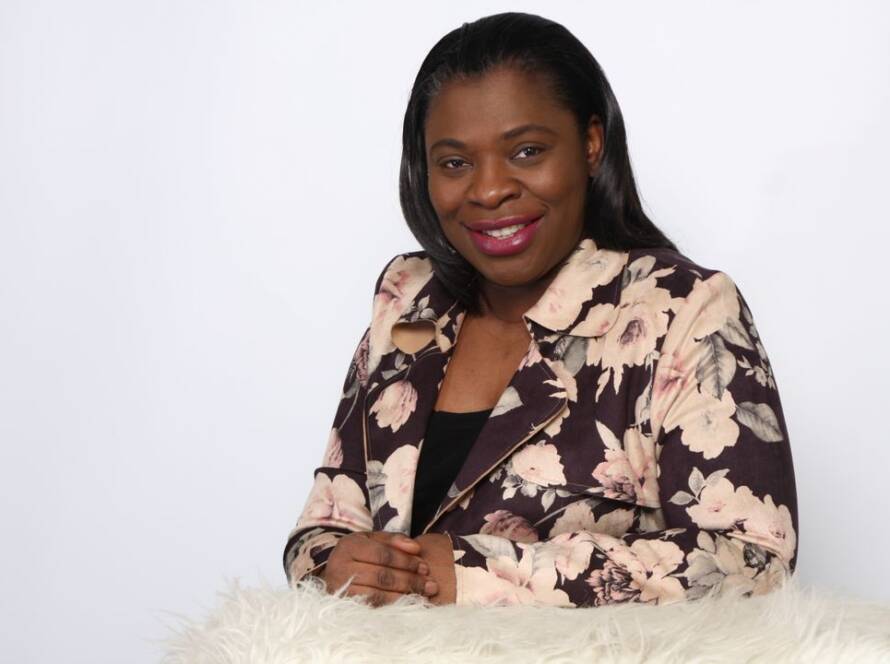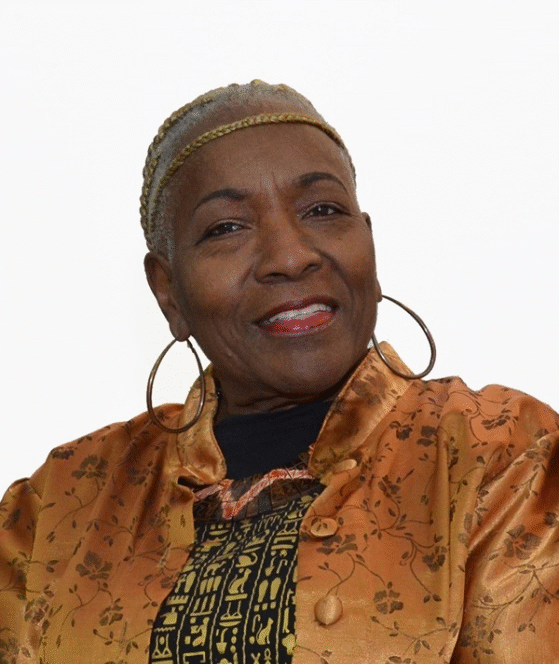True sisterhood is not performative. It doesn’t show up only when cameras are rolling or awards are being handed out. It’s not built on applause; it’s built on accountability. It looks like mentorship without gatekeeping. It manifests by showing up without needing to be at the center. It looks like affirming someone’s worth, even when their light is shining brightly.
Sisterhood is calling each other in, not out. It’s assuming the best, not the worst. It’s understanding that your elevation does not diminish mine; it amplifies it. Because when one Black woman rises, it sends a signal to the world about what is possible for all of us.
Sisterhood and solidarity among Black women are what they should be. A sacred, unbreakable bond forged through shared histories, mirrored experiences, and collective resilience. It should be a balm, a source of strength, and a site of refuge.
The Reality We Must Confront
But I write this with a heavy heart: this does not seem to be the experience.
Too often, I have encountered or witnessed the absence of that sisterhood where competition eclipses collaboration, where silence greets success, and where mentorship from those who look like me is painfully elusive. It is a disheartening reality that many Black women, myself included, know all too well. And it’s time we talk about it with honesty, not from a place of bitterness, but from a deep yearning for something better.
Let me be clear: this is not about blame. It’s about reckoning with systems, with socialization, and with ourselves.
When the Circle Isn’t Whole
There is a romanticized notion of Black women as a united front, marching arm in arm against the tides of racism, sexism, and economic inequality. We carry that image in media campaigns, in hashtags, and in public celebrations of Black Girl Magic. But in reality, the lived experience is often fractured.
The Illusion of Unity
In professional spaces, I have observed and experienced a kind of guardedness, even suspicion. Rather than being welcomed into a circle of mentorship or collaboration, there is a quiet distancing. A belief that there’s only room for some, often one, of us at the table. A scarcity mindset that tells us, “I made it. You figure it out.”
And too often, Black women, especially those striving toward leadership, influence, and impact, find themselves looking outward for guidance. Toward Black men. Toward women of other ethnicities. Toward anyone who will extend a hand when their sisters will not. This hurts. Because the absence of intra-community solidarity does more than slow our progress. It impedes our healing.
The Weight of Structural Gaps
Still, I would be remiss if I didn’t recognize that part of the challenge may be due to structural limitations. First, there remains a significant underrepresentation of Black women in positions of leadership and influence, those most able to offer mentorship and advocacy. Second, for the few who have broken through, the demands on their time, energy, and emotional resources are immense.
Therefore, the number of younger women seeking mentorship often far exceeds what these leaders can realistically provide, creating a profound mismatch between need and capacity. As a result, many are left without the support (from their community) that could otherwise help them thrive.
Why It Matters
Black women are among the most racialized and marginalized groups globally. We carry the compounded weight of racism, sexism, and generational trauma. Our progress should not be dependent on individual heroism but on collective support. Meaningful mentorship, rooted in love and accountability, is a revolutionary act. It is one of the most powerful ways we disrupt cycles of exclusion and build sustainable leadership pipelines.
Collaboration among Black women can be transformative not just in economic or professional terms, but emotionally, spiritually, and culturally. It is how we reimagine community, how we rediscover trust and re-establish safety in spaces that have historically been hostile. When one Black woman extends grace, time, wisdom, or opportunity to another, she is not just helping a sister. She is helping herself. She is affirming that we are not each other’s competition, but each other’s liberation.
This is what I try to do at every opportunity. This is why I have always made myself available to every woman, and this is why, among other reasons, WTAL Canada exists.
What We Must Do
We must unlearn the scarcity logic that tells us only a few of us can succeed and challenge the internalized narratives that have taught us to be suspicious of each other. We must create intentional spaces (formal and informal) where Black women can gather not just to celebrate, but to counsel, to cry, to confront, and to connect.
Sisterhood is not inevitable. It is a practice. And like all practices, it requires commitment, consistency, and courage. With each effort, it gets better.
I still believe in the power of Black women. I still believe that our greatest strength lies in each other. But we must be willing to build that strength, not just on stages, but behind the scenes. Not just in theory, but in truth.
Because Our Future Depends On It
Our collective healing depends on it, and so does our future. A future where Black women push beyond survival systems to rebuild them. A future that can only be sustained if it is grounded in real sisterhood and unwavering solidarity.
When we have a critical mass of successful Black sisters, nothing can stop us.




